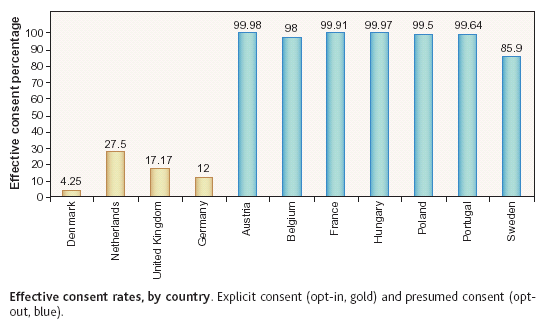ACR Conference Announcement
 Subscribe to Decision Science News by Email (one email per week, easy unsubscribe)
Subscribe to Decision Science News by Email (one email per week, easy unsubscribe)
ASSOCIATION FOR CONSUMER RESEARCH ANNUAL CONFERENCE OCTOBER 7-10, 2004 IN PORTLAND, OREGON

The Association for Consumer Research announces a call for papers for its Annual Conference to be held October 7-10, 2004, at the Hilton Portland and Executive Tower in Portland, Oregon, USA. Portland is situated at the confluence of the Columbia and Willamette rivers and the conference hotel is located in the downtown area, nine miles from PDX airport. The city center is served by excellent public transportation. The brand new Portland Streetcar and the clean MAX Light Rail share the streets with cars, bicyclists and the occasional tourist. Both stop within 2-3 short blocks from the hotel.
Portland has a cornucopia of attractions. It is a magnet for world-class chefs who revel in creating menus of salads of fresh-picked arugula and chervil, spiked with hazelnuts and local cheeses, and entrees of alder-smoked salmon, Dungeness crab, razor clams and morel mushrooms. Naturally, seafood is just the start of Portlandâs citywide menu, which features more than 40 different types of cuisine. To accompany your meal, there is Oregon wine (the Pinot Noir is among the finest in the world) or one of the handcrafted beers that places Portland at the center of Americaâs craft-brewing movement. Between meals, head to Powell’s City of Books, the world’s largest independent English language bookstore. Grab a map of the bookstore to help you navigate through the sea of books that spans three floors of an entire city block. The Portland area is home to an unrivaled number of open spaces and boasts an incredible range in size, from the 5,000-acre Forest Park (Americaâs largest urban wilderness) to tiny 24-inch Mill Ends Park. An easy way to see those parks is on two wheels. Bicycling magazine recently ranked Portland the United Statesâ top cycling city two years running. You can also get an early start on the ski season at Mt. Hood, a short drive from Portland. Mt. Hood boasts the longest ski season in the US at 345 days a year. Further, you can marvel at the natural wonders of the Columbia River Gorge, only a 45-minute drive from Portland.
Conference Objectives
The 2004 Conference will provide a forum for the presentation and discussion of original, theoretically rigorous research on consumers and consumption. In addition, the conference co-chairs, Geeta Menon and Akshay Rao, wish to enhance the visibility of the consumer behavior discipline through the presentation of rigorous research on topics of contemporary interest. For instance, the coincidence of the conference with the U.S. Presidential election season provides an opportunity for the presentation of research on a variety of issues related to the consumption of political candidates and ideology, as well as other aspects of political choice such as voter apathy, the influence of the media on voter informedness, and the like. Similarly, rigorous research on issues of consumer welfare in the public policy domain is particularly encouraged.
Program Structure
As in the recent past, there will be four main forums for the presentation and discussion of research and scholarly thought:
Special Topic Sessions provide opportunities for focused attention on cutting-edge and important topics. Successful sessions offer a coherent perspective on emerging substantive, theoretical, or methodological issues.
Competitive Paper Sessions include papers that represent the completed work of their authors. The program co-chairs assign accepted papers to Conference sessions that reflect similar scholarly interests.
Working Paper Track: Participants typically present preliminary findings from the early stages of a research program. Authors distribute their papers and display their findings poster-style in a plenary session.
Roundtables: Encourage intensive participant discussion of consumer research topics and issues.
Film Festival: As in the previous few years, short films related to consumer behavior and consumption will be shown throughout the conference. Please check the Call for Entries here [or as a downloadable MSWord file here].
Submission deadlines for ACR 2004 have passed.



